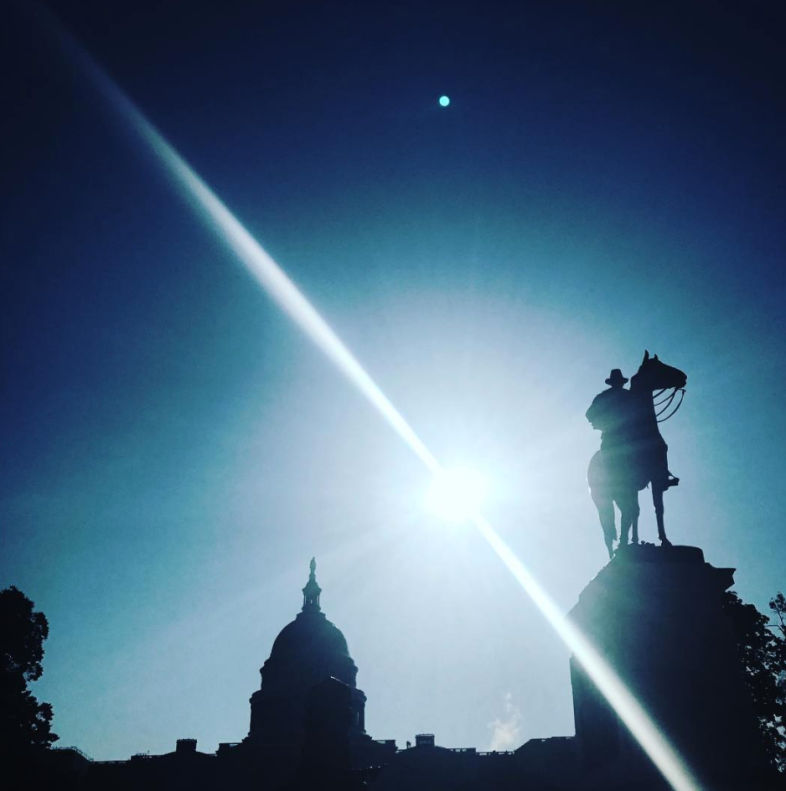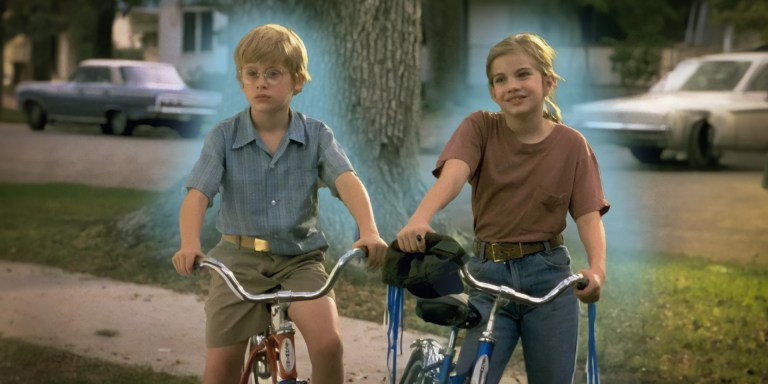
Anyone can see beauty in beautiful things. It’s not that hard.
To look out over a mountain top and see the tree-lined ravines and snow covered hills sweeping before you and feel your breath fall away. To see the preciousness of a small child and be warmed by their innocence. Or to find peace in the stillness of an untouched meadow.
When these scenes find you or we set out to find them, it’s a wonderful experience. In those moments, we feel both small and big, free and connected.
The problem of course is that in life there aren’t enough of these moments. Not nearly enough.
Indeed the secret to happiness and a great life is to figure out how to create them all the time, wherever you are.
Last week, I wrote about how the key to happiness is to realize that everything sucks. It’s true. If you can see things objectively and clearly, you’ll be more content, less empty, less tempted. But on the other side of it, life is just nasty enough, just harsh enough, that the ability to find poetry in everything—even in the mundane or the morbid—is a powerful skill. In fact, it too is the key to happiness.
The soft pawprints of a cat on the dusty trunk of a car. The hot steam wafting from the sewer grates on a New York City morning. The smell of asphalt just as the rain begins to fall. No one would say these things compare to the Everglades or a violet sunset over a decaying ruin or a chance to witness a virtuosic performance. But which is more common? Which will you find in front of you more often?
The same goes for the sweat on a woman’s upper lip, or a floor filled with a child’s toys, arranged in the chaos of exhausted enjoyment. A walk down the street when the music seems to line up exactly with the rhythm of events. The pleasure of getting something in before a deadline, the temporary quiet of an empty inbox or the satisfying thud of a fist fitting perfectly into an open hand.
We can forget so easily, in life, the randomness and absurd yet somehow functional, coordination of this world we call home, this thing we know as existence. What had to happen for us to be here, on this planet, in this moment. Whether it was a God (or gods) that brought us here, or an inestimable accumulation of evolutionary accidents, both are equally humbling and wondrous if we think about them. Both make ordinary situations just as beautiful as epic ones.
It is said that the Stoics are hard to read because they are negative, but this is immediately disproven by the stunningly beautiful turns of phrase in Marcus’s Meditations. In one passage he notices the way “baking bread splits in places and those cracks, while not intended in the baker’s art, catch our eye and serve to stir our appetite.” In another, he praises the “charm and allure” of nature’s process, the “stalks of ripe grain bending low, the frowning brow of the lion, the foam dripping from the boar’s mouth.” “Pass through this brief patch of time in harmony with nature,” he writes of his mortality, “Come to your final resting place gracefully, just as a ripened olive might drop, praising the earth that nourished it and grateful to the tree that gave it growth.”
We could thank his private rhetoric teacher, Marcus Cornelius Fronto, for the imagery in these vivid passages. Cornelius Fronto, widely considered to be Rome’s best orator next to Cicero, was chosen by Marcus’s adopted father to teach him to write and speak. Fronto had thought he was preparing Marcus for the public stage, but in fact, Marcus used the skills he’d acquired for his private philosophy. These poetic turns of phrase were kept private and never shared, created without a thought for who might see them.
Instead, they were used for an important exercise. Marcus Aurelius was writing for himself, to himself, searching for insight and wisdom, trying to find truth and beauty in all parts of life—so that he could find happiness and meaning in them. And so must we—if we wish not to be exhausted and jaded by the harshness and negativity that surrounds us.
The economist Russ Roberts wrote a poem recently called “Wonder, Bread” that is a brilliant illustration of this practice. His piece is a sort of silly homage to the insights of Adam Smith: Just how magnificent and strange it is that you can feel a pang of hunger, walk to a store and find, there on the shelf, the very bread that a few minutes ago you have no idea you wanted. How did they know? Who is the ‘they’ that made it? What motivated them? Why did they do such a good job?
Even genuinely bad situations can be made to be beautiful. Stepping back to see the passion and animation in another person’s anger. Laughing at the ‘perfectness’ of another thing that could go wrong, going wrong. Acknowledging the sheer awesome of a natural disaster. Isn’t that far better than seeing the world as some dark place?
So yes, Marcus spent a lot of time with his contemptuous expressions stripping things of the “legend that encrusts them” but he spent an equal amount of time developing an artist’s eye to find beauty in ordinary or seemingly unbeautiful events. Both are essential, both are the job of the philosopher.
A person who can only see how shitty a situation is a person who will find themselves stuck with a lot of so-called “dead time.” A person who can see that same three hour flight delay as a chance to enjoy life, to people watch, to remind themselves how lucky they are—this is a person who really lives. And lives well while they are alive.
There is clarity in seeing what others can’t see, in finding grace and harmony in places others overlook. Most of all, there is happiness. ![]()





